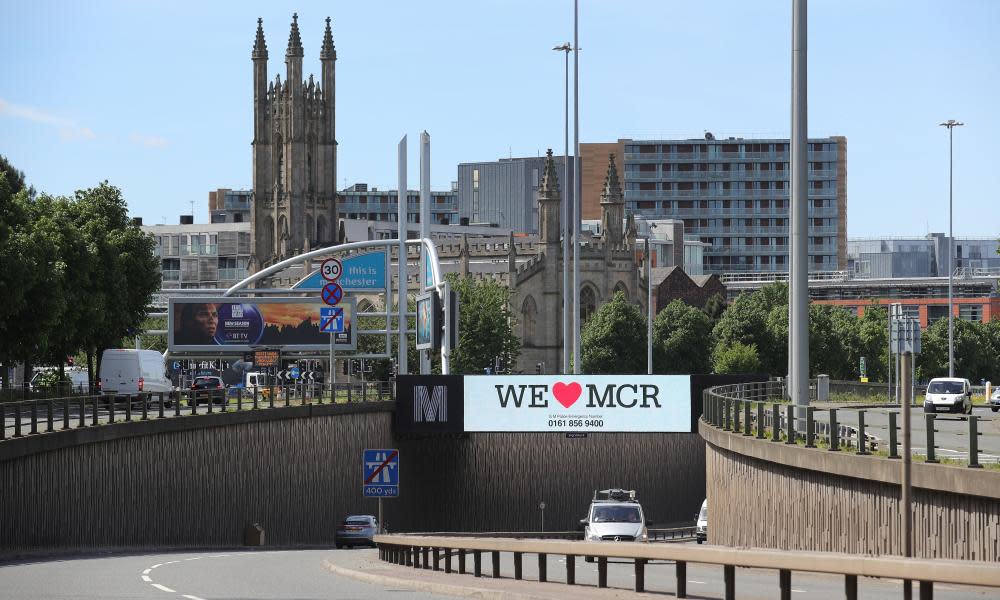Big events - such as Manchester - need big, mainstream media

Just occasionally, one sees how one part of the media slots together with other parts. Just occasionally the vibes are positive, not sourly negative. As they were in a week of heart-rending tragedy, political ambition and malign power plays.
The killing and maiming of so many young people at Manchester Arena presented one of the oldest print challenges: clear the front page in the middle of the night. “How can we ever trust Mrs U-turn again?” changed to “19 dead in pop concert ‘suicide bomb’” in the Mirror in a scrabbling trice. Every second or third edition responded. Run facts, as far as we have them. Save the emoting for later.
Which is where broadcasters – especially the BBC – come in. TV and radio can be instantaneous: produce a camera or mic and get weaving. They were massively on top of the story as Tuesday dawned: scenes of devastation, agonies of mothers and fathers, faces of the missing. You could see, listen and find your own responses.
Of course, as days tick by, perspectives change. Too much Manchester United and similar cliches. Too many hours of visceral emotion. An inevitable fracturing of newspaper solidarity – some, like the Guardian, urging calm and the rule of law; some, like the Mail apportioning blame: “the wretched Nick Clegg’s hand-wringing over civil liberties” for a mountain of horror, not to mention “the chaos David Cameron unleashed in Libya”. The return of politics as soldiers take to the streets and strong and stable calculation seems to rule again.
There’ll be much more of this before the peril of the arena fades, more sermons of restraint, draconian solutions, angst and politics. But at least there’ll be a national conversation, each wing of the media doing what it does best.
Which, in an adjacent part of the forest, means more praise for the BBC. There’s been mounting disapproval over its hostile treatment of Jeremy Corbyn, and deference to Theresa, since campaigning began. But nobody who saw Laura Kuenssberg tear into the PM on U-turn morning could maintain that now; nor could anyone who watched Andrew Neil’s forensic dive-bombing of May’s whole election stance. She looked grey, floundering, out of her depth – rattled and ratty beyond anything Labour had managed to contrive.
In short, a tumultuous week showed mainstream media doing what it’s supposed to: reporting, reflecting, arguing, stirring. And social media? Many heartfelt exchanges, many echoes of shock and sorrow, but with customary fakery and trolling – instructions for bomb-making mingled with denunciation and perspective damned hard to come by.
Sometimes big, complex news needs big, complex newsrooms, and expertise with resources. Sometimes you need brilliant reporters – Andrew Norfolk of the Times or the Guardian’s Helen Pidd – on the ground, because solitary terminal tapping doesn’t do the job. Facebook, Twitter et al are hugely important now. But they are not yet the whole, or even the heart, of the story.

 Yahoo News
Yahoo News 
